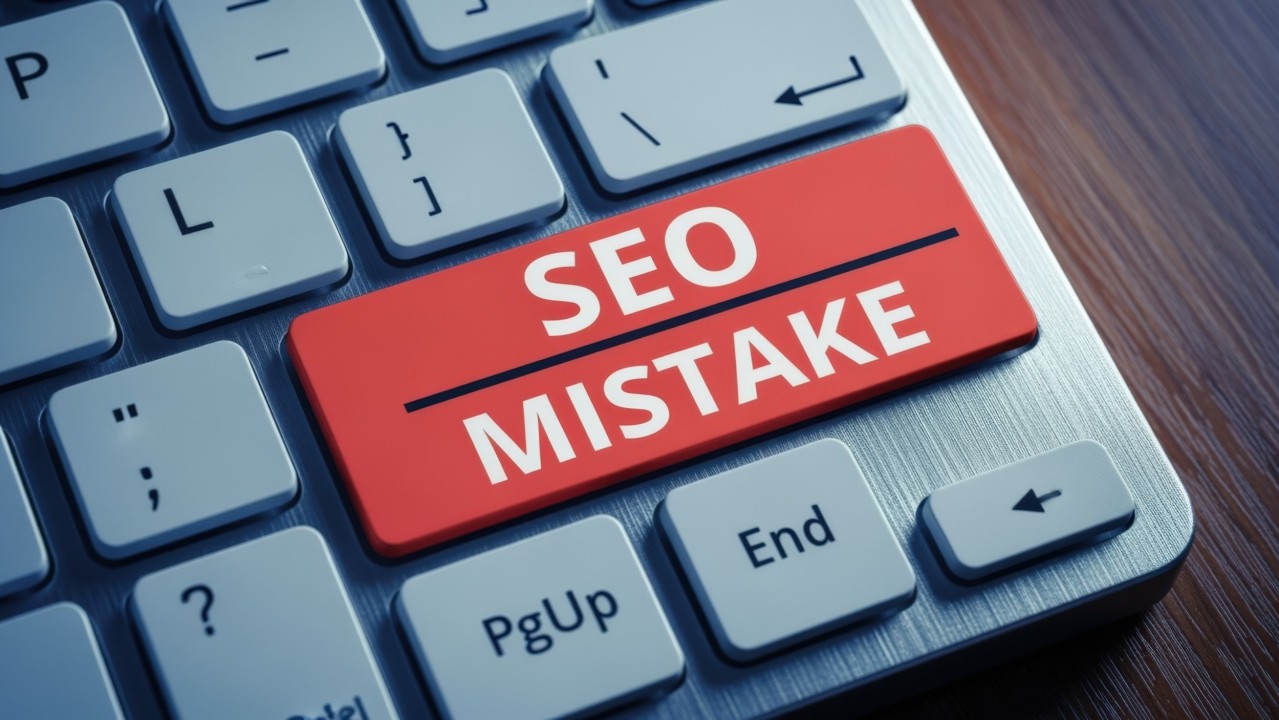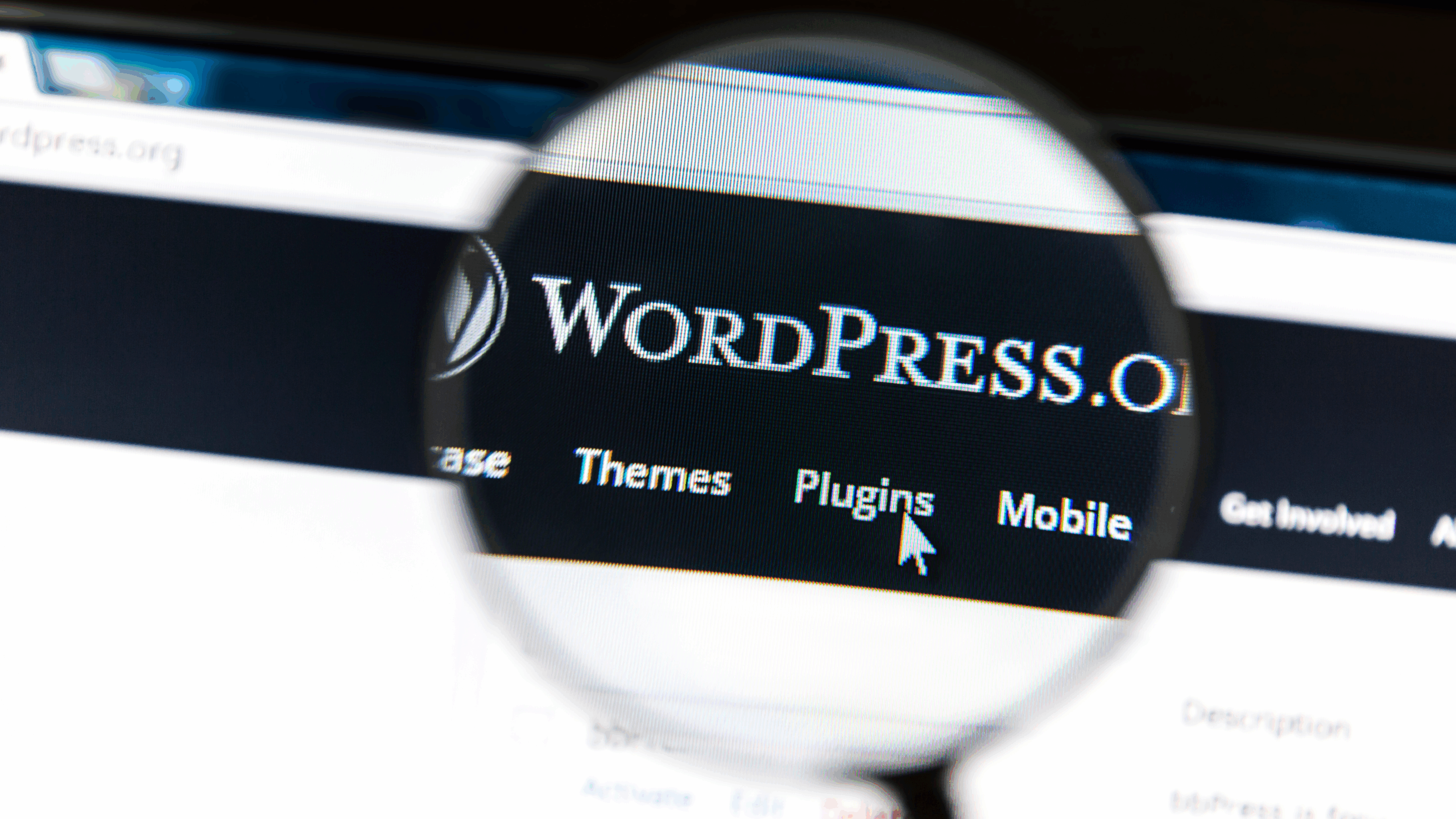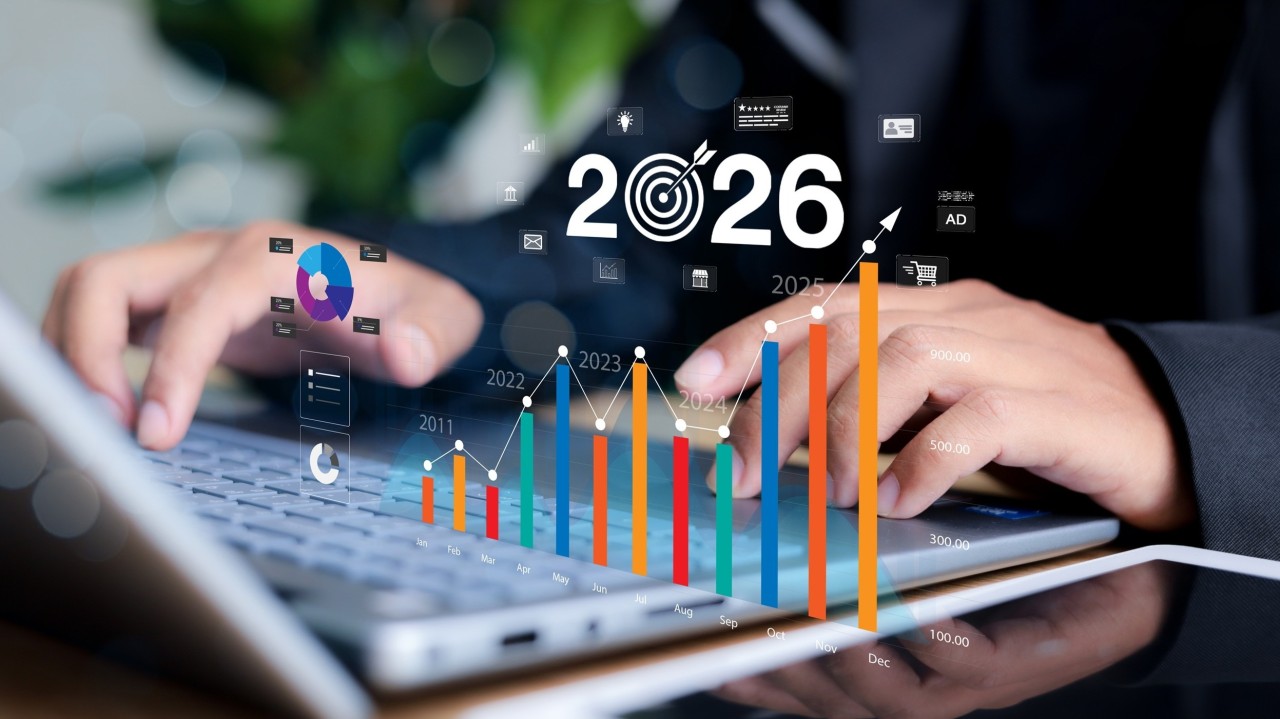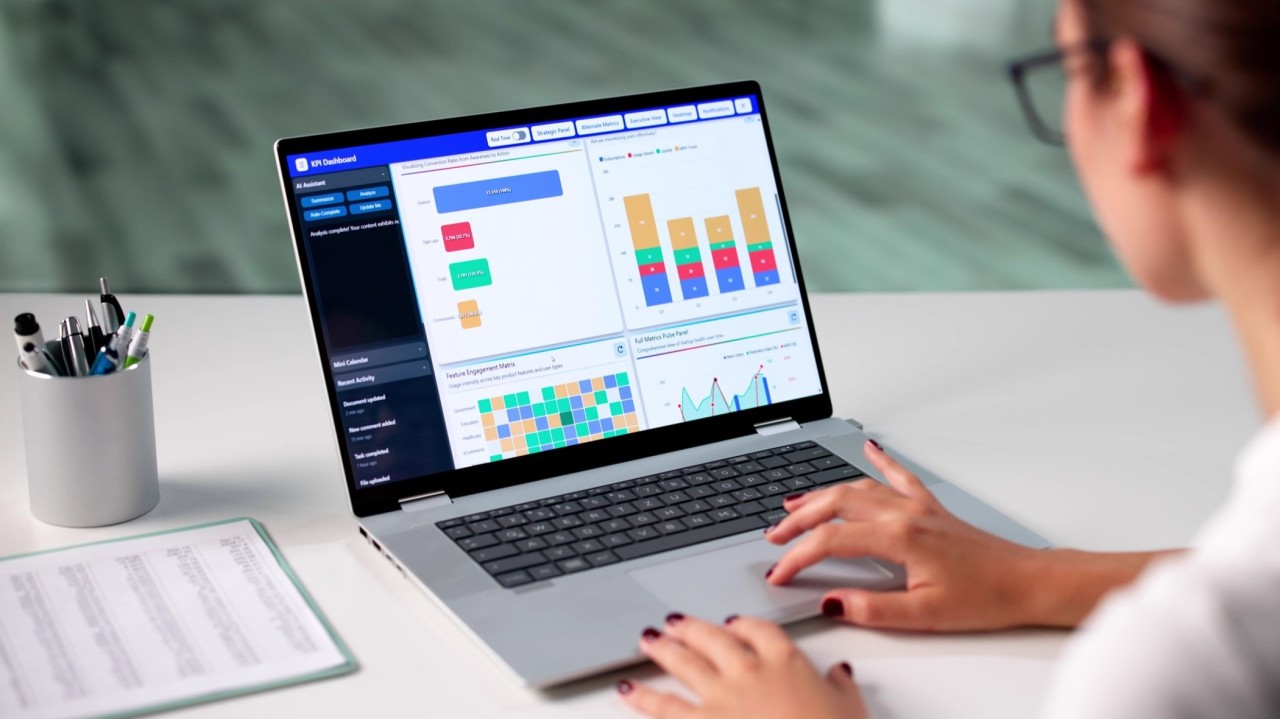News
Emerging AI Technologies in Digital Marketing: What’s New and What’s Next in 2024
As we navigate through the dawn of 2024, the digital marketing landscape continues to evolve at an unprecedented pace, largely driven by the rapid advancement of artificial intelligence (AI).
The integration of AI technologies into digital marketing strategies is revolutionising how brands interact with their audience, personalise content, and optimise their advertising campaigns.
This article delves into the latest AI technologies shaping the digital marketing sector, their applications, and what the future holds for marketers striving to stay ahead in a digitally dominated world.
The Current State of AI in Digital Marketing
Today, AI is no longer just a futuristic concept but a core component of effective digital marketing strategies. From chatbots enhancing customer service to predictive analytics forecasting the success of marketing campaigns, AI’s role is both transformative and expansive. In the UK, a staggering 87% of marketing professionals are already using or planning to use AI in their marketing practices, indicating a significant shift towards automation and intelligence-driven decision making.
AI-Driven Content Creation and Personalisation
One of the most significant impacts of AI in digital marketing is its ability to create personalised content. AI algorithms analyse user data, including browsing habits, purchase history, and engagement patterns, to deliver customised content that resonates with the individual consumer. This hyper-personalisation enhances the user experience, increases engagement rates, and boosts conversion rates. Tools like GPT (Generative Pre-trained Transformer) have revolutionised content creation, enabling marketers to produce more relevant and engaging content at scale.
Predictive Analytics and Customer Insights
Predictive analytics is another area where AI shines, using data, statistical algorithms, and machine learning techniques to identify the likelihood of future outcomes based on historical data. For marketers, this means being able to predict customer behaviours, purchase patterns, and engagement trends with a high degree of accuracy. This intelligence is invaluable for crafting strategies that are not only reactive but also proactive. According to a recent report, businesses leveraging predictive analytics in their marketing strategies see a 25% increase in ROI compared to those that do not.
Chatbots and Enhanced Customer Service
Chatbots, powered by AI, have transformed customer service within digital marketing. They provide immediate, 24/7 assistance to customers, from answering FAQs to guiding users through the purchasing process. These AI-driven assistants have become more sophisticated, capable of handling complex queries with a level of personalisation previously only achievable through human interaction. In the UK, chatbot interactions in the retail sector are expected to save businesses approximately £6 billion annually by 2024.
AI in SEO and PPC Campaigns
In the realm of search engine optimisation (SEO) and pay-per-click (PPC) advertising, AI is making waves by automating keyword research, optimising ad placements, and improving search rankings. AI technologies help marketers identify trends and patterns in search behaviour, enabling them to tailor their SEO and PPC strategies more effectively. Furthermore, AI-driven tools can dynamically adjust bids and optimise ad spend in real-time, ensuring the highest possible ROI.
The Role of AI in Social Media Marketing
Social media platforms are fertile ground for AI integration, with algorithms now dictating what content appears in user feeds and when. AI analyses vast amounts of data to understand user preferences and engagement patterns, allowing for the delivery of highly targeted advertising. Additionally, AI-powered tools assist in content creation, suggesting topics likely to generate high engagement and even predicting the best times to post.
Ethical Considerations and Data Privacy
As we embrace the benefits of AI in digital marketing, it’s crucial to address the ethical considerations and data privacy concerns that accompany these advancements. The use of AI must be governed by strict ethical guidelines to ensure that personalisation does not infringe on individual privacy rights. Marketers must navigate the fine line between personalisation and privacy, ensuring transparency and consent are at the forefront of their AI strategies.
The Future of AI in Digital Marketing
Looking ahead, the potential for AI in digital marketing is boundless. Emerging technologies such as augmented reality (AR) and virtual reality (VR) are set to offer even more immersive and personalised marketing experiences. AI will also play a crucial role in processing and interpreting the vast amounts of data generated by these technologies, enabling marketers to create highly targeted campaigns that resonate on a deeply personal level.
As we advance into 2024 and beyond, AI technologies will continue to redefine the digital marketing landscape. The possibilities for enhanced personalisation, predictive analytics, and automated content creation promise to make marketing strategies more effective and efficient. However, as we harness these technologies, it’s imperative to remain vigilant about ethical practices and data privacy.
For digital marketers, the future is not just about adopting AI but adapting to its evolution in a way that respects and benefits both the brand and the consumer. The journey into the AI-enhanced digital marketing era is just beginning, and it promises to be a transformative one.
















The Ultimate Social Media Guide
With the ever-growing power of social media, we use the latest techniques, video, and animation software to craft eye-catching social media assets that make your brand pop. Our designers, wielding Adobe Creative tools, create distinctive animations and graphics to illuminate your brand story and highlight your products or services. Want a unique design? No problem – we also offer bespoke designs to match your brand aesthetic.